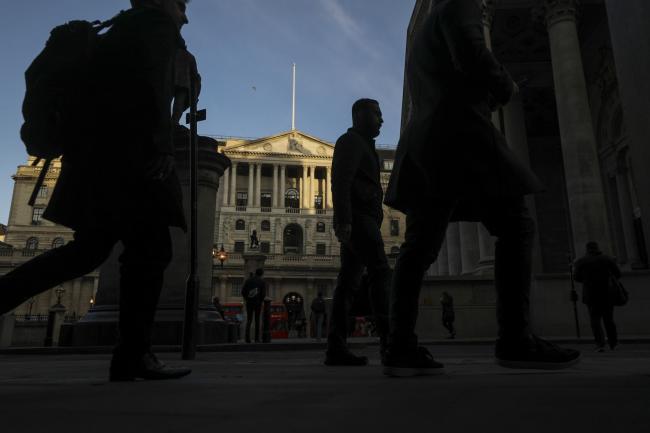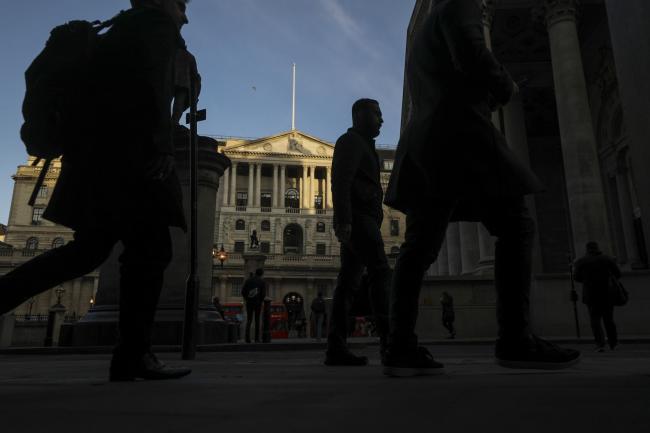(Bloomberg) -- U.K. Chancellor of the Exchequer Sajid Javid is likely to reveal on Friday who will lead the Bank of England after Brexit, according to people familiar with the matter.
The Financial Times reported on Thursday that Andrew Bailey, current head of the financial watchdog, has emerged as the government’s firm favorite to take over from incumbent Mark Carney.
That could attract criticism for the government’s failure to give the bank its first-ever female governor. Minouche Shafik, a former deputy governor, had been heavily tipped to get the post.
The appointment process was delayed by political turmoil over Brexit and a general election. That led to an extended period of speculation about who would get the job, and there’s even been a suggestion that the government might ask Carney to stay on in the role. He has already extended his term twice.
Others linked to the role as well as Shafik include Kevin Warsh, an ex-Federal Reserve policy maker, and BOE deputy governors Dave Ramsden and Ben Broadbent.
Javid’s statement is unlikely to be made in the House of Commons, given the lack of available time, according to one official, declining to be named speaking on a confidential issue. Lawmakers are having a special sitting on Friday to debate Prime Minister Boris Johnson’s Brexit Bill, and they will then break for Christmas recess.
The new governor will come into the role just as the U.K. economy enters another period of negotiation and uncertainty as it leaves the European Union on Jan. 31. Carney is due to step down that same day.
Read More: Carney BOE Succession Eased by Tory Win as Growth Stays Weak
It’s not known if anything more will be announced Friday. After a decade of crisis fighting, central banks including the Federal Reserve and the European Central Bank are reviewing their monetary policy strategies, and it may be the U.K. government would like a similar exercise at the BOE.
The next governor will have relatively little time to get up speed with the central bank’s processes and contingency plans in case of disruption. Even if named on Friday, they would have just over 40 days to prepare for the role -- less than a quarter of the time enjoyed by either Carney or his predecessor Mervyn King.

